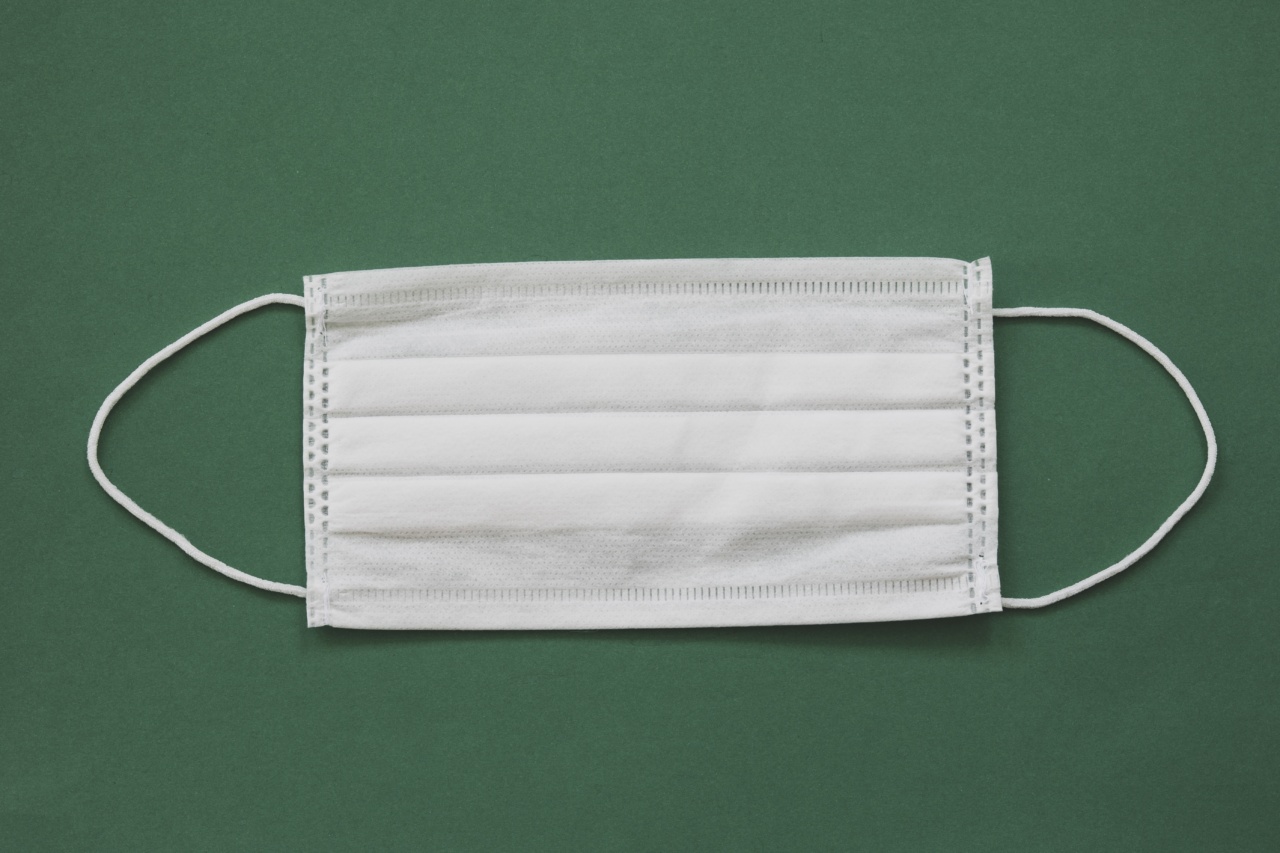Respiratory infections are common illnesses that affect the respiratory system, including the nose, throat, sinuses, and lungs.
They can be caused by various pathogens, such as bacteria, viruses, or fungi, and can range from mild common colds to severe conditions like pneumonia. These infections can spread easily from person to person through respiratory droplets when someone coughs or sneezes, or by touching contaminated surfaces.
Why Prevention Matters
Preventing respiratory infections is crucial as they can cause significant discomfort and, in some cases, lead to severe complications, especially in vulnerable populations like young children, older adults, and those with weakened immune systems.
By adopting simple preventive measures, you can reduce your risk of contracting and spreading respiratory infections, safeguarding your health and that of those around you.
1. Practice Good Hand Hygiene
Keeping your hands clean is one of the most effective ways to prevent respiratory infections. Wash your hands thoroughly with soap and water for at least 20 seconds, especially before eating, after using the restroom, and after being in public places.
If soap and water are unavailable, use a hand sanitizer that contains at least 60% alcohol.
2. Cover Your Mouth and Nose
When coughing or sneezing, it is essential to cover your mouth and nose to prevent respiratory droplets from being released into the air or onto surfaces.
Use a tissue or the inside of your elbow to cover your mouth and nose, and dispose of used tissues immediately. This practice is particularly important when in crowded areas or around individuals exhibiting symptoms of a respiratory infection.
3. Avoid Close Contact with Sick Individuals
Avoiding close contact with individuals who are sick or showing symptoms of a respiratory infection can significantly reduce your risk of contracting the illness.
If possible, maintain a distance of at least 6 feet from someone who is coughing, sneezing, or exhibiting signs of being unwell.
4. Stay Up to Date with Vaccinations
Vaccinations are a crucial component of preventing certain respiratory infections. Ensure you are up to date with routine vaccinations, including those for influenza (flu) and pneumococcal disease.
Vaccines help your body develop immunity to specific pathogens and can significantly reduce the severity of an infection if contracted.
5. Practise Respiratory Hygiene
Implementing good respiratory hygiene practices is instrumental in preventing the spread of respiratory infections.
Besides covering your mouth and nose when coughing or sneezing, make sure to dispose of used tissues immediately and wash your hands afterward. Additionally, avoid touching your face, especially your eyes, nose, and mouth, as these are common entry points for pathogens.
6. Maintain a Healthy Lifestyle
Adopting a healthy lifestyle can strengthen your immune system and make you less susceptible to respiratory infections. Ensure you get enough sleep, eat a balanced diet rich in fruits and vegetables, exercise regularly, and manage stress effectively.
A strong immune system is your body’s first line of defense against pathogens.
7. Keep Your Surroundings Clean
Regularly cleaning and disinfecting frequently touched surfaces can help prevent respiratory infections. Pay close attention to objects like doorknobs, light switches, remote controls, and mobile phones.
Use appropriate disinfectants and follow the instructions on the product labels to ensure effective removal of pathogens.
8. Practice Social Distancing
During outbreaks or pandemics, practicing social distancing is crucial. Limiting contact and maintaining distance from others, particularly in crowded places, can reduce the risk of respiratory infections.
Follow the guidelines and recommendations provided by public health authorities to stay informed and help curb the spread of diseases.
9. Wear a Face Mask
Wearing a face mask, especially in situations where social distancing is challenging, can provide an additional barrier against respiratory infections.
Masks help prevent respiratory droplets from being released into the air when you speak, cough, or sneeze, reducing the risk of transmission to others. Ensure you follow proper mask-wearing guidelines, including covering your nose and mouth fully.
10. Stay Informed
Stay informed about respiratory infections, their symptoms, and preventive measures.
Regularly check trustworthy sources such as the World Health Organization (WHO) and the Centers for Disease Control and Prevention (CDC) for updates and recommendations. Being knowledgeable about potential risks and ways to mitigate them empowers you to take appropriate actions and protect yourself and others.































